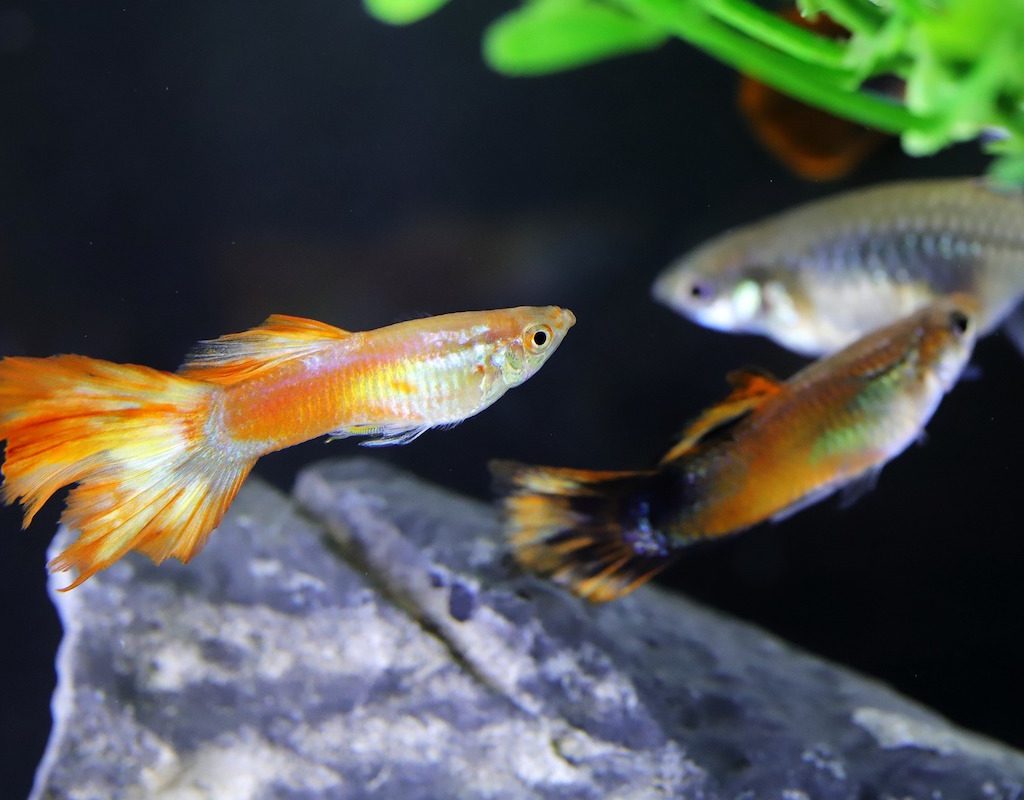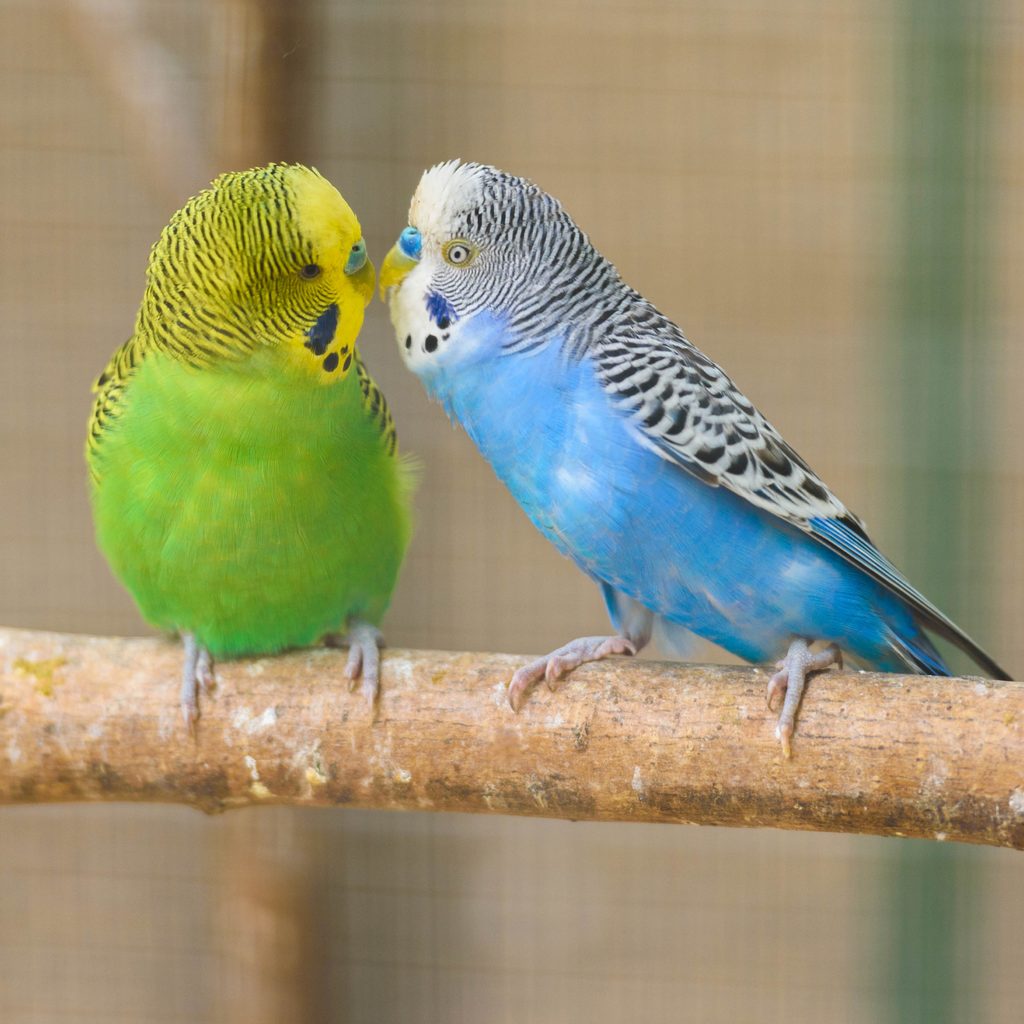Pets need a lot of attention — they’re family, after all, and require a surprising amount of our time and energy. While they’re totally worth it, it can be tricky to juggle your other commitments with the care your pets need, especially for folks who travel frequently. While being gone a lot precludes owning certain types of pets, like dogs, there are some who will do just fine if left alone with the proper setup.
Of course, before you leave any pet, you should have a full care plan in place. Things like meals and cleanings may need to happen in your absence if you’re gone for a number of days. We recommend having a friend or family member check in on your pets every few days even if they are totally self-sufficient. You can also set up a pet cam to check remotely so that you are always looking in on your animal while you’re away. Be sure to have an emergency contact for your critter close by in case you spot something. When you’ve made all your preparations, consider these best small pets for travelers.

Fish
Your pet fish will thrive when left to his own devices during your vacation or business trip and will surely make the best low-maintenance pet. If you’re planning to leave him for long periods, stick with a freshwater tank as saltwater aquariums require more maintenance. You’ll also want to avoid fish like bettas, who may prefer to live in an environment without a filter. In preparation for your absence, get an automatic feeder. If you’re new to it, make sure to try it out while you’re around to ensure it’s dispensing correctly.
Aquatic frog
Like fish, an aquatic frog will do well on his own in a tank that’s suited to his needs. Unlike many of the wild frogs you’ve probably seen, these little pets never leave the water. No land is necessary for his tank, though you will need to keep the water shallow enough for him to surface easily — usually about 12 inches deep. Aquatic frogs can also be fed with an automatic feeder, but they often do prefer some treats mixed in with pellets when you’re around. The filter will keep their tanks clean while you’re on vacation, but the water does have to be tested weekly, so have someone ready to stop in as needed.

Mouse
Mice prefer nighttime and often like to be left alone, making them an ideal pet for anyone who may be frequently absent. While your mouse will almost certainly be shy at first, you can hand-train her to take food and be held. If you intend to leave your mouse for a couple of days, it’s best to have a pair, so they can have company. Make sure to get two females as males often fight. Of course, it’s important to keep any pet cage clean, but mice prefer to leave their area scent marked, meaning a regular deep scrub isn’t recommended. Unlike your fish, your mouse will definitely need a sitter to peek in now and then but will be fine on her own for a short while.

Parakeets
You don’t want to leave a lonesome bird by itself, but that’s less of an issue with budgies (another name for parakeets), which often prefer to be paired up. They’re called lovebirds for a reason and can do a good job entertaining each other. Many bird feeders allow for a slow release, so your bird can eat as needed. If you’ll be gone more than a day or two, get someone to pop in to replace the cage liner and refresh food and water. You don’t want your birds living in a mess while you’re out.
No matter where you get off to, these four pets will be happily waiting for you to get back. As with any animal, you should not leave them when you first bring them into your home. Get your pet acclimated to their new place first and try to set a routine before taking any trips without them. If you get everything right before you leave, they’ll surely be glad to see you when you return.



